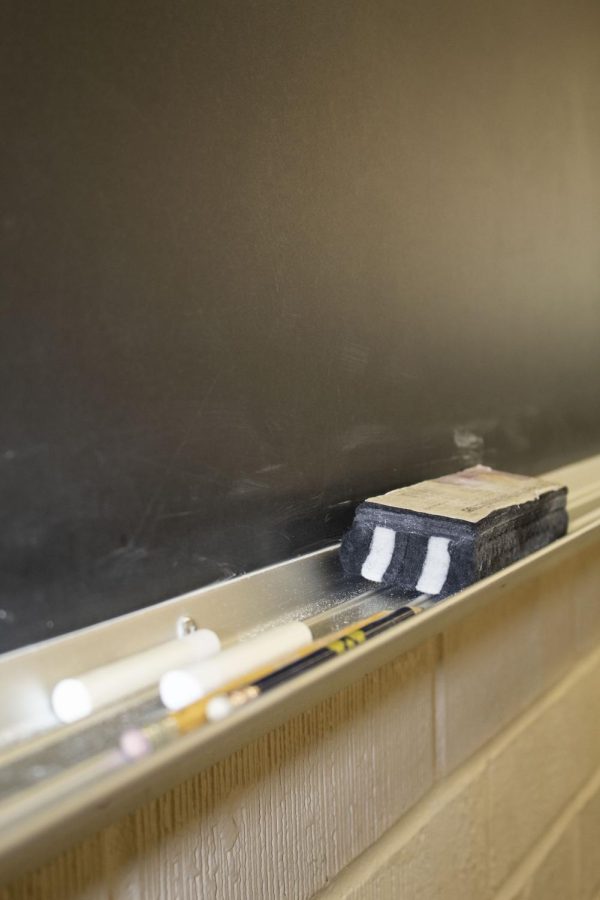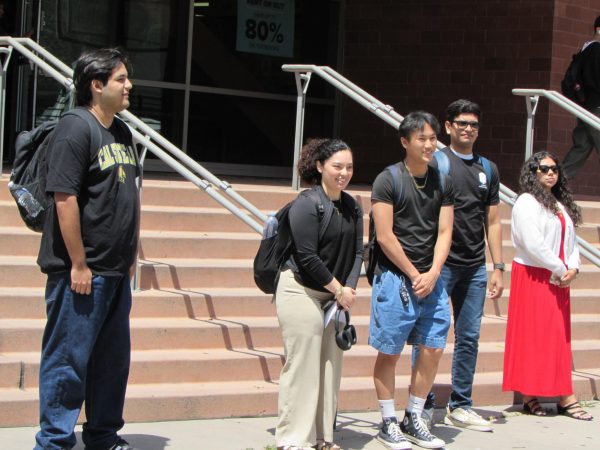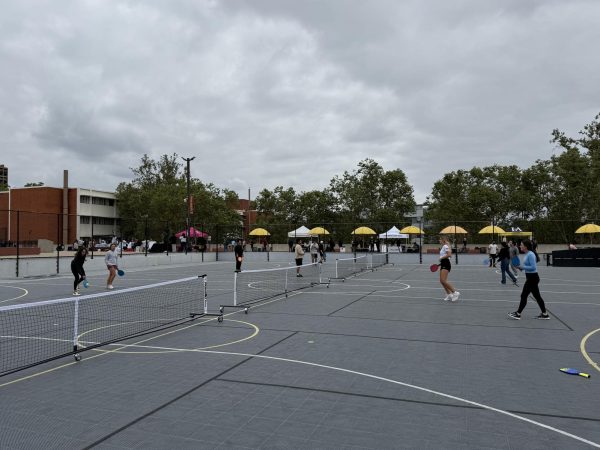Study tips for the new semester from a sophomore at Cal State LA
Building good habits is a great way to have a successful semeste
The new semester has started and maybe you’re already swamped with work.
Here are some tips that I like to use before, during and after class to have a successful semester.
Before class
Preread
Before your lecture, read the section that will be covered in the upcoming class first. Attempt some example problems and walk into class having a general idea of what is to come. Lectures go by fast and a lot of material will be covered. Minimize stress and make your lecture more effective by prereading or previewing the content, so you will not be in class having no idea what your professor is talking about.
Prepare
The night before, organize all of your supplies and place them in your backpack. This way, you will be less likely to forget something, such as a notebook or writing utensil in the morning, as mornings are notorious for being a cause of much panic and rushing. Maybe also pick out your outfit while you’re packing your bag to save yourself more time in the morning.
Take care of yourself
This is the most important piece of advice. Maintaining good physical and mental health is crucial to your academic success. Get a good night of sleep, eat balanced and nutritious meals, participate in regular exercise and improve your mood by spending time with people you care about. Or, if you’d prefer, spend some time alone doing something you enjoy.
In the classroom
Position yourself
If your class is in-person, as most are this semester, try to maximize learning by sitting closer to the professor, or somewhere you feel most comfortable. However, for me, it is increasingly difficult to stay engaged and focused if you are seated in the last row of a classroom, where the professor cannot see you and distractions prove tempting.
For Zoom lectures, improve your focus by placing your phone or other distractions in a separate room, use headphones in noisy spaces, try to keep your camera on and participate as much as you can.
Take good notes
Effective notes can be extremely helpful for when you want to look back on what was covered in lecture. Keep your notes neat and organized and use bullet points or sub-headings to help navigate complex topics. Draw diagrams and graphs to accompany your words and remember that you do not have to copy everything your professor says or writes. Pick and choose the most important statements to include. Lastly, use whatever medium you feel most comfortable with– this could be paper and pencil, gel pens, an iPad, laptop, etc. However, I do tend to find that physically writing down notes, formulas, and example problems helps with information retention.
Be active in class
Participate! You will learn best if you are actively answering and asking questions, solving example problems along with your professor and following along with the lecture.
After class
Summarize
After a content-heavy lecture, it may be helpful to summarize all the information in a couple concise and conclusive sentences. Summarizing your notes can help you understand the material as it requires you to explain it to yourself in your own words.
Test yourself
Come up with your own questions or look for practice problems to do. This will better prepare you for quizzes and exams, as well as assessing whether or not you have truly mastered the material. You can use flash cards, make your own practice test, or have a friend quiz you.
Create an effective study environment
Give yourself a study environment that is personalized to what will help you learn. Is that somewhere quiet, like your room? Or do you like some place busier to motivate you, like a cafe? Do you like to snack while you study? Maybe you focus best when you’re listening to some music. Whatever it is, do what feels most comfortable for you.
And just like that, you’re on your way to a successful semester of college.

Jessica is a second year, studying mathematics and creative writing. She is returning as an intern reporter for the University Times and is a staff writer...

Fatima Rosales is majoring in Graphic Design and Visual Communications. She works for the University Times as Production Manager, designing the newspaper,...








